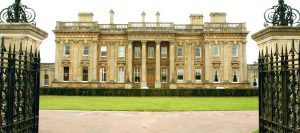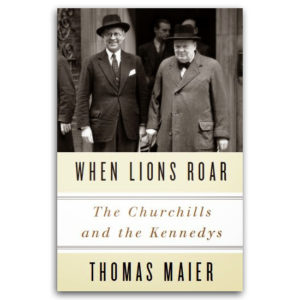Bulletin #78 - Dec 2014
The Churchill Factor by Boris Johnson
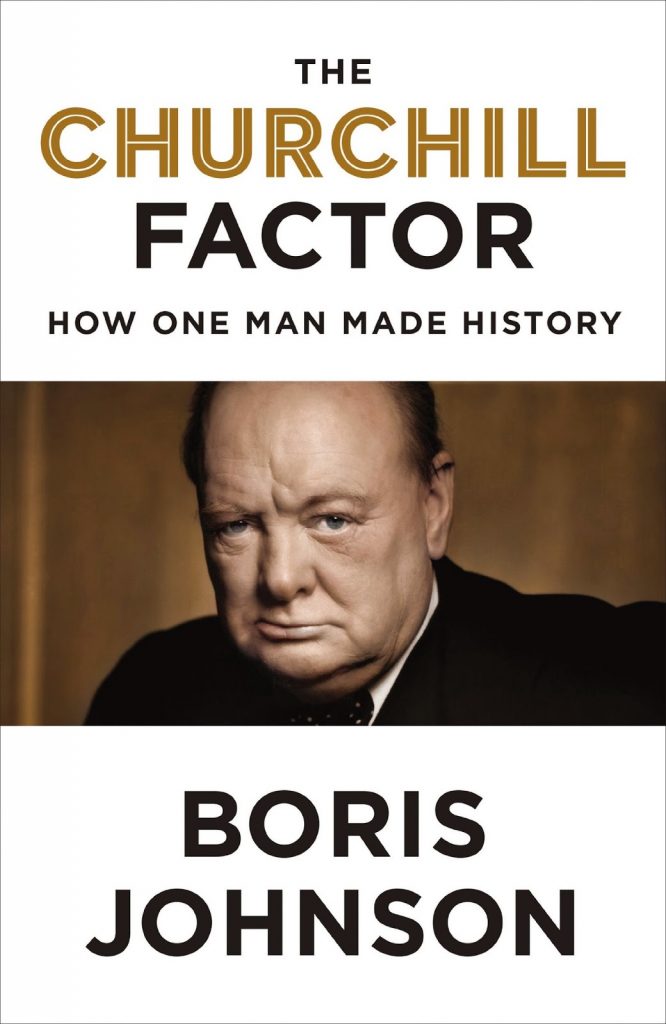
December 8, 2014
Reviewed for The Churchill Centre
By CONRAD BLACK
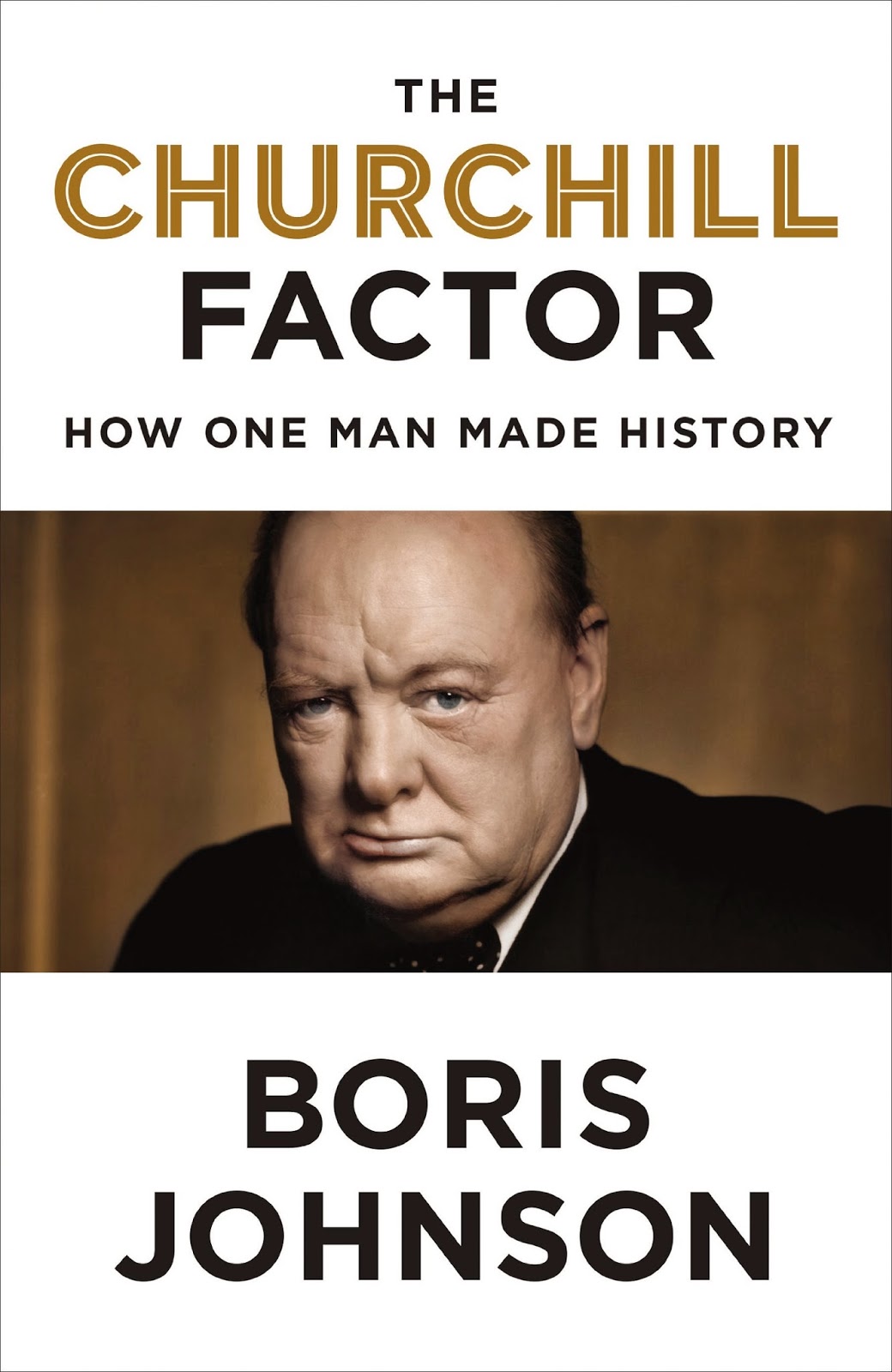 The Churchill Factor by Boris Johnson, the Mayor of London, is the most significant new book about Sir Winston Churchill to be published in 2014. In May 2015 Mayor Johnson will be the keynote speaker at the 32nd International Churchill Conference in Oxfordshire. The Mayor recently spoke about his book in New York City. To watch the video, please CLICK HERE. We asked Conrad Black (Lord Black of Crossharbour) to review the book for The Churchill Centre. Below are excerpts from Lord Black’s analysis. The full text will appear in Finest Hour #166 due out in early 2015:
The Churchill Factor by Boris Johnson, the Mayor of London, is the most significant new book about Sir Winston Churchill to be published in 2014. In May 2015 Mayor Johnson will be the keynote speaker at the 32nd International Churchill Conference in Oxfordshire. The Mayor recently spoke about his book in New York City. To watch the video, please CLICK HERE. We asked Conrad Black (Lord Black of Crossharbour) to review the book for The Churchill Centre. Below are excerpts from Lord Black’s analysis. The full text will appear in Finest Hour #166 due out in early 2015:
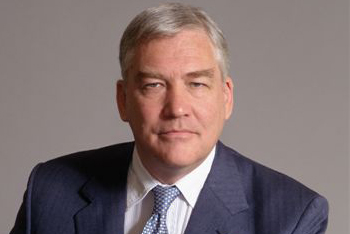 Conrad BlackA book by Boris Johnson, like almost any book about Winston Churchill, is bound to be interesting. The combination of this author with this subject cannot fail to be a good read—nor does it. While usually unwise and presumptuous to impute motives to an author, it seems a reasonable surmise that Johnson, currently the Mayor of London, wishes also to occupy some of the great offices held by Churchill and hopes this book will help propel him along that path. There is nothing wrong with that, and, as Johnson explains, that was sometimes Churchill’s motive in writing.
Conrad BlackA book by Boris Johnson, like almost any book about Winston Churchill, is bound to be interesting. The combination of this author with this subject cannot fail to be a good read—nor does it. While usually unwise and presumptuous to impute motives to an author, it seems a reasonable surmise that Johnson, currently the Mayor of London, wishes also to occupy some of the great offices held by Churchill and hopes this book will help propel him along that path. There is nothing wrong with that, and, as Johnson explains, that was sometimes Churchill’s motive in writing.
The Churchill literature is so vast it would be hard to break new ground and what Boris (disclosure: we are friends and former colleagues at the Spectator and Daily Telegraph newspapers) has done is a combination of anecdotal accumulation and authentication and analyses of some of the techniques and qualities that contributed to Churchill’s long, eventful and varied career.
There is no doubt that Churchill got mixed reviews from many of his parliamentary party colleagues when he became prime minister, but he was vested with practically unlimited power; the country and Empire placed their bets on him. That Winston Churchill was a great orator is not at issue, but that he was “the most glorious political speaker of any age” is open to debate. Nothing would have been lost in allowing room for competition: Gladstone, Lloyd George, Lincoln, FDR.
The case made for Churchill’s immense physical and moral courage is elegant and indisputable. The ability to write good prose after a long day and a boozy dinner was conspicuous but not confined to Churchill; Boris and I both know many people who can do this, and we have done it ourselves.
This book is a mine of useful vignettes illustrating that Churchill had style, loved luxury and, though often rude, did possess megalopsychia (greatness of soul). He was a romantic, unlike his great contemporary Roosevelt, who, although Boris swaddles himself in the Union flag and declines to recognize it, was co-saviour of the West and Churchill’s rival as the century’s greatest statesman.
The assessment of blame is fair for Gallipoli, Chanak, and the bungled intervention in Russia in 1919, while India, the abdication, and the return to the gold standard are downplayed. But other misjudgments are omitted, including devotion to the Italian campaign, tenacious efforts to defer D-Day, and ducking the invasion of Southern France altogether.
In assessing Churchill’s war role, Boris almost ignores Roosevelt, who said it would be impossible to coexist with Hitler starting in 1933. He writes of the contribution of “Russian manpower and American money,” though at the end of the European war there were on the Western front just 14 British divisions alongside 72 American.
Certainly, Churchill deserves credit as an early Cold warrior and supporter of European cooperation and a Jewish state. We owe the survival and victory of democracy and the free market system jointly to Churchill and Roosevelt; there is gratitude, credit, and admiration to share for both without short-changing one at the expense of the other. But I always identify with a biographer championing his subject and have done it myself. I like and admire Boris and wish him well, revere his subject, and enjoyed the read.
To learn more about Winston Churchill, please visit www.winstonchurchill.org.
Subscribe
WANT MORE?
Get the Churchill Bulletin delivered to your inbox once a month.

